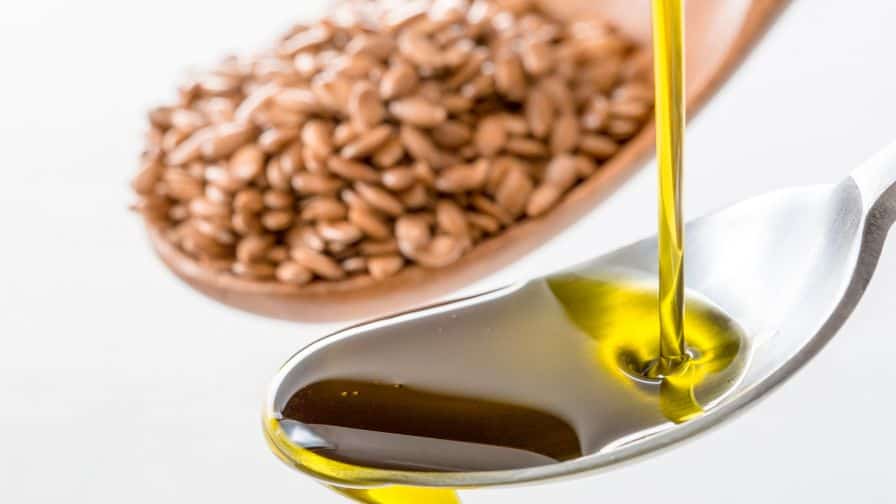
If you’re looking for a natural way to harden and protect your wooden furniture, you may have heard of boiled linseed oil. This oil is derived from the flax plant, and it has been used for centuries to seal and protect wood. But does boiled linseed oil dry hard? And if so, how can you make sure that it does? In this article, we will explore the answers to these questions!
What Is Boiled Linseed Oil, And Where Does It Come From
Boiled linseed oil is a drying oil that is derived from the flax plant. It has been used for centuries as a woodworking finish and continues to be a popular choice among woodworkers today. BLO penetrates into the wood deeply which makes it an ideal finish for hardwood floors and furniture.
While boiled linseed oil is often used as a woodworking finish, it can also be used on metal surfaces. Boiled linseed oil protects metal from rust and corrosion. It is often used as a gun stock finish and as a protectant for tools and other metal surfaces.
Boiled linseed oil is available in most hardware stores. It is also available online.
Does Boiled Linseed Oil Dry Hard, And If So, How Can You Make Sure That It Does
Yes, boiled linseed oil will dry hard. To ensure that it dries hard, you need to apply a thin coat and let it dry for 24 hours or more. You can then apply a second coat if desired. Be sure to follow the manufacturer’s instructions for application and drying times.
How Can Boiled Linseed Oil Be Used To Protect Wooden Furniture
Subscribe to KJS Painting & Renovations
Boiled linseed oil is a product that is natural and has been used for centuries to protect wood. It is derived from the flax plant which is known for its ability to nourish and protect wood.
Boiled linseed oil is applied to wood in a similar way to how paint is applied. It soaks into the wood, providing a barrier against moisture and dirt. Boiled linseed oil can be used indoors or outdoors. When used outdoors, it should be reapplied every few months to maintain its protective qualities.
What Are Some Of The Pros And Cons Of Using Boiled Linseed Oil To Protect Wooden Furniture
Some people swear by boiled linseed oil as a protectant for wood furniture. They claim that it gives the wood a nice sheen and protects it from dirt and water. Others say that it actually ruins the finish of the wood, making it sticky and difficult to clean. So, what’s the truth?
Boiled linseed oil is made from flaxseed oil that has been heated and mixed with chemicals to make it polymerize more quickly. When it’s applied to wood, it soaks in and hardens, forming a protective barrier.
There are some pros to using boiled linseed oil on wood furniture. It can help protect the wood from water damage and dirt. It can also give the wood a nice sheen.
However, there are some cons to using boiled linseed oil as well. One is that it can be difficult to apply evenly, resulting in an uneven finish. Another is that it can make the wood sticky and difficult to clean. Additionally, boiled linseed oil can actually damage the wood if it’s not applied properly.
How Do You Apply Boiled Linseed Oil To Your Furniture
Boiled linseed oil is a great way to protect and preserve your wood furniture. It’s easy to apply, and it dries hard, providing a durable finish that will last for years. Here’s how to do it:
1. Start by sanding your furniture with fine-grit sandpaper. This will create a smooth surface for the oil to adhere to.
2. Next, clean your furniture with a tack cloth or a damp cloth to remove any dust from sanding.
3. Once your furniture is clean and dry, apply a thin layer of boiled linseed oil to the surface using a lint-free cloth. Wipe in the direction of the grain.
4. Allow the oil to soak in for at least 15 minutes. You can then remove any excess oil with a clean cloth.
5. Let the furniture dry completely before using it or applying a second coat of oil. This can take up to 24 hours.
Boiled linseed oil is a great way to protect your wood furniture and keep it looking its best. With just a little bit of time and effort, you can have beautiful, long-lasting results.



